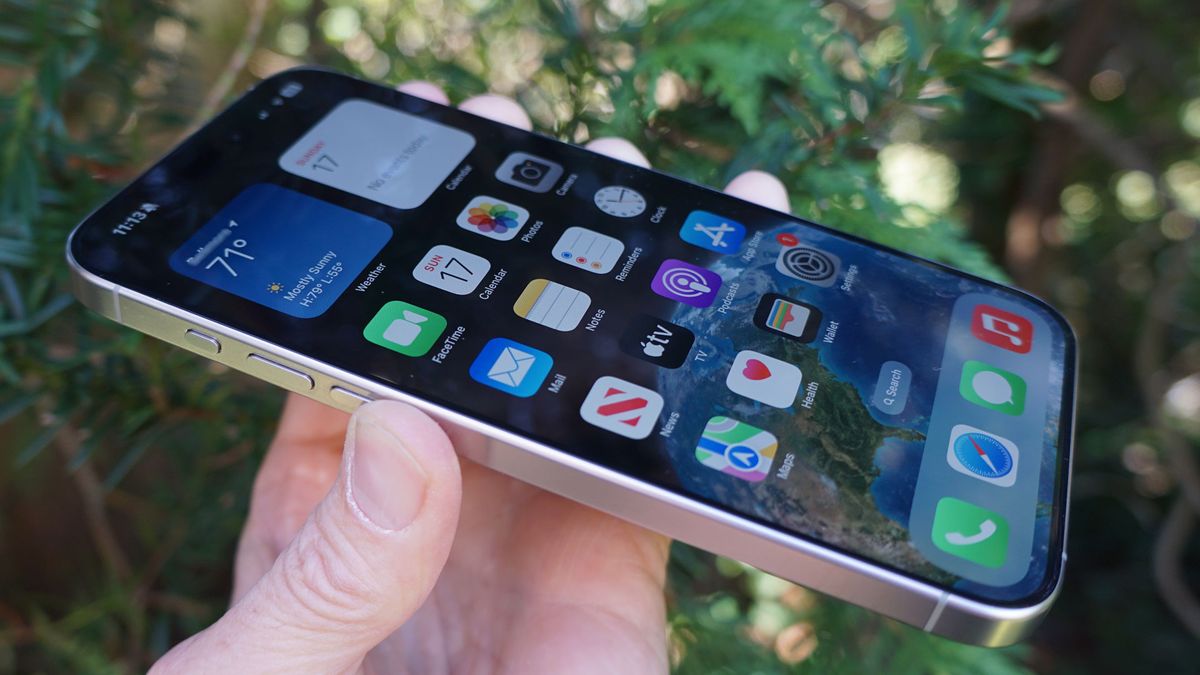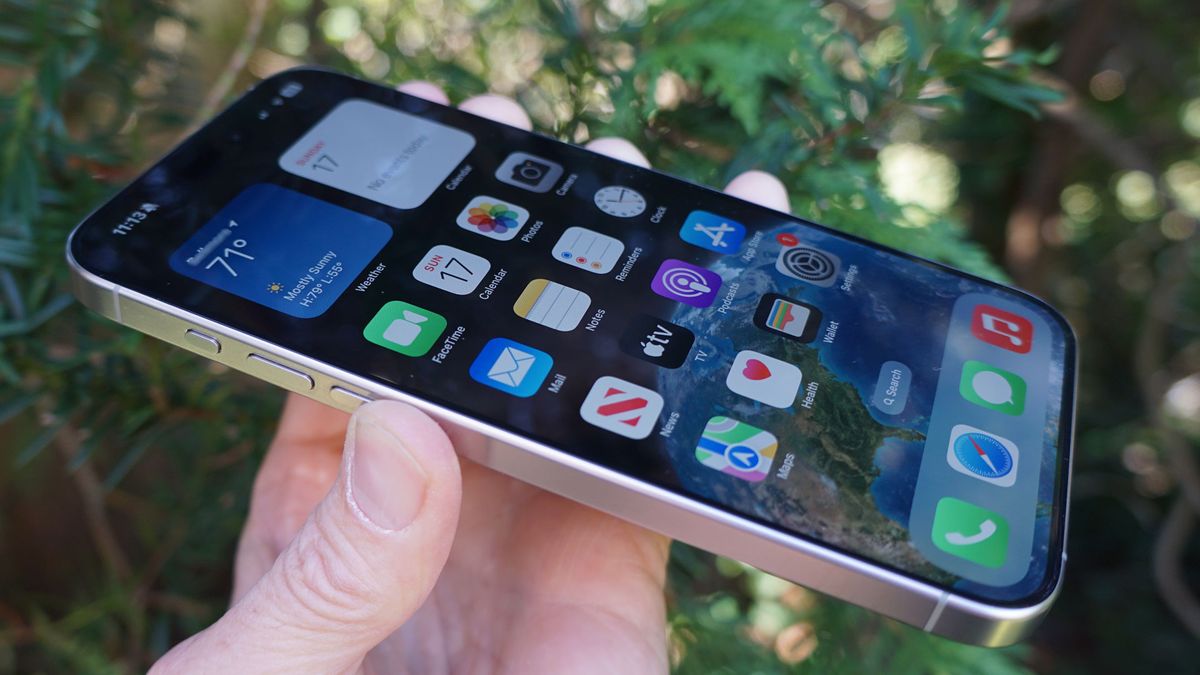
What sparks an iPhone upgrade? It might be a revolutionary design change like flat edges to curves or the introduction of Face ID. More likely, it’s a photographic feature like a decent telephoto lens or when Portrait Mode first arrived and transformed every new iPhone 7 Plus into a virtual pro-level camera.
Sometimes, it’s not so much the features alone that inspire an upgrade – it’s the FOMO. I know that anyone who saw my Portrait Mode images from that iPhone 7 Plus was so agog that they looked dismissively at their likely iPhone 4s or 5s and almost immediately began researching the trade-in prospects and costs for that new device.
On the eve of the Apple iPhone 16 Event (“It’s Glowtime!”), I was reading Mark Gurman’s latest Bloomberg newsletter, which discusses some smartphone industry watchers’ hopes that Apple Intelligence sparks a supercycle of upgrades. Gurman doesn’t believe this will happen, and I’m inclined to agree – mostly.
The problem with artificial intelligence, as perceived by most people, not in the tech space, is that it is both a colossus capable of anything and a black box that has no obvious utility to their everyday lives. Consumers are undoubtedly intrigued and inundated with the possibilities of these generative tools. They marvel at videos created by OpenAI‘s Sora and how Google Gemini, ChatGPT, and Copilot can answer questions and summarize vast swaths of text.
Some people need these things, but most average consumers and many millions of iPhone owners are likely wondering what they might do with any of these new fangled tools. What’s the purpose of a Genmoji? Do I really need to keep deleting Aunt Mable from every photo with an Apple Intelligence magical eraser? Is the iPhone 16 Siri better because it makes the whole iPhone screen glow instead of just a tiny little orb near the bottom?
We need a killer app
What we must consider as consumers wonder if its time to trade in the iPhone 15, iPhone 14, or iPhone 13, is if anything that arrives as part of Apple Intelligence next week will be the killer app.
Like many new tools Apple introduces at a platform level, Apple Intelligence will simply arrive with new phones, much as Apple Journal and Shortcuts once did. By my measure, those two tools are not widely used and have not sparked upgrades.
Apple Intelligence, though, is different. It’s more pervasive, living across Siri, messaging, writing of all kinds, imaging, image creation, and more. Not all of that will ship with iPhone 16 phones when they arrive in a few weeks (all running iOS 18 and, I’m guessing, featuring Apple Silicon capable of supporting Apple intelligence).
The lack of complete Apple Intelligence integration in the early going might dampen enthusiasm for upgrades, that is, of course, if that’s the reason people are choosing to do so.
Putting the old out to pasture
More likely, though, any tsunami of iPhone 16 upgrades will be driven by tremors more deeply bedded in the long-term use of Apple’s well-built and longly-supported handsets. There are people still using iPhone 11 phones out there (there might even be some iPhone 7 or iPhone 8 handsets in pockets and hands, too). As platform and app support runs out on some of these aging models, people will look to the next big thing.
However, if they were holding onto their old iPhone because they couldn’t afford the latest and greatest, they might look for price reductions on, say, the iPhone 14 or 15, or maybe even the iPhone SE. This assumes that Apple will continue selling one or two legacy models.
It’s worth remembering, though, that older models will not support Apple Intelligence. As it is, only the iPhone 15 Pro and 15 Pro Max and the powerful A17 Pro chip support Apple’s version of AI. In other words, if you want Apple Intelligence, you have to swing big and go for an assumed iPhone 16 option.
I like what I see in Apple Intelligence and applaud Apple for finally getting into the generative AI game. It does not matter that it is late because the Cupertino tech giant owns such a commanding position in the market and is a cultural touchstone for the technology zeitgeist. Putting Apple Intelligence in so many new phones at once will likely create some of its own momentum.
Messaging from iPhone 16-owning consumers about their Apple Intelligence experience to the interested and disinterested public will either trigger FOMO and launch a more aggressive upgrade cycle or fall on deaf ears as most people still think AI is for somebody else.
No Apple Intelligence by itself is probably no reason to upgrade to the iPhone 16 – at least not yet.
You might also like
Services Marketplace – Listings, Bookings & Reviews
